The umbrella that doesn’t open? The future of credit insurance
Presented by Trade Finance Global and Tinubu
TFG has joined forces with Tinubu to present a virtual tradecast, looking at 4 different sectors of the trade credit insurance industry, and how they have been impacted by the COVID-19 pandemic, geopolitical issues and inflation.
The tradecast will touch on:
- A trade credit insurance industry outlook
- How public and private credit insurance support global economies and trade
- Risk appetite, claims, payouts: how to make trade credit work for everyone, everywhere
- Outlook, innovation and sustainability in trade credit insurance
- Expert perspective: banks & lenders, insurtechs, associations, and ECAs
The Panel




Moderated by Deepesh Patel, Editor, Trade Finance Global
864 viewers
Live Tradecast
75 minutes
Streamed on LinkedIn Live
Sponsor

Introduction
- Introduction to the panel
- Gary Lowe, global head, global credit insurance group, Standard Chartered,
- Jérôme Pezé, CEO, Tinubu,
- Janusz Władyczak, CEO, KUKE S.A,
- Richard Wulff, Executive Director, ICISA
- What is trade credit insurance is and how does it underpin global trade?
- Why do banks utilise trade credit insurance?
- How do ECAs work? What is the difference between OECD operating ECAs and ECAs based in developing countries?
Perspectives – trade credit insurance
- How has the market fared with unprecedented challenges around inflation, war and political risk and through the disruption of supply chains?
- There has been a massive wave of states withdrawing their support to private businesses, what do you expect the repercussions of this to be?
- What’s happened from a claims and payouts perspective?
- Has risk appetite changed and how has this impacted claims from a private market perspective?
Summary article: Resilience, technology, and risk appetite: credit insurance experts weigh in on current trends. Read here

Resources
Tinubu podcast: Getting Saas into surety and credit insurance
Insurtech champions – Tinubu Square named to 2021 InsurTech100 list
Risk appetite in the context of claims
- What is the current general consensus on risk appetite?
- How willing are ECAs in encouraging collaboration and sharing risk?
- How will the rise in digitalisation help mitigate common risks associated with credit insurance?

Resources
Under the spotlight: MSME access to finance in emerging and developing markets
Whitepaper: Accelerating trade digitalisation to support MSME financing
Tinubu Podcast: Future-proofing trade finance and insurance through technology
Where is the industry heading? Future outlook and innovation
- Managing capital and improving returns through less traditional avenues. Thoughts on capital calls, new economy, renewable energy and private equity
- How will customer needs be met in terms of buyers of CPRI?
- How will the capacity of risk evolve and where will this take the market?
Panel Questions and Answers
RW: Trade credit insurance is about helping to finance the whole supply chain. Whilst we do not finance, sellers in every part of the chain can and do buy trade credit insurance which enables their financiers to provide terms.
Response: Thanks a lot. What you said, it is exactly done in traditional sense. Now, we have some digitalized platforms of supply chain, the final buyer or manufacturer applies for credit and the banks issues BPO , this BPO is transferred from one chain (supplier) to the other (instead of each chain asks independently for credit using credit insurance/guarantee). So this BPO will be cashed at Bank’s counter on due date by the last chain (if not discounted in between). Now if a credit guarantee is issued for the manufacturer to receive the BPO, shall CG be transferred along with BPO via chains? Or not at the due date, just the manufacturer is responsible for honoring the debt of BPO? And if the debt is not paid, then CG will be called.
RW: Interesting thought! Would need some work as the insurance is assessed on the payment of the next debtor/link in the chain.
JP: Likely stagflation (recession+inflation), potential stress on public debt issued by already highly indebted countries, and -with a time-lag- increase of defaults by corporation in Europe, in a tense social environment. A key element regarding the timing and the extent will depend on governments and BCE policy.
Thank you to our sponsors and partners
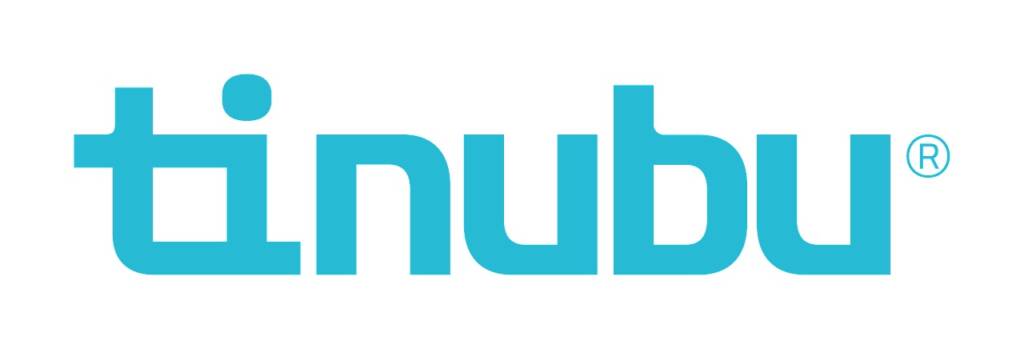
More from the TFG’s Trade Credit Insurance Hub
- Video | More green, more digital: In conversation with EBRD’s incoming Shona Tatchell and outgoing Rudolf PutzAt the EBRD 2024 annual meeting in Yerevan, Armenia, the Trade Facilitation Program (TFP) was in the spotlight as it transitions leadership from Rudolf Putz to Shona Tatchell.
- Surecomp advances digital trade with rapid eBL transactions on RIVO platformSurecomp® has announced the completion of successful electronic bills of lading (eBL) transactions, bringing together multiple parties via its collaborative trade finance platform, RIVO™
- HSBC and Geidea launch digital payment platform Omni Collect in UAEHSBC has introduced its new e-commerce digital payment platform, Omni Collect, in the UAE in collaboration with Saudi-based FinTech company, Geidea.
- Visa B2B Connect and NetXD expand payments partnershipNetXD has announced the expansion of its payments collaboration with Visa B2B Connect to onboard banks in Asia, following the successful onboarding of several banks across eight countries in Europe and the Americas.
- VIDEO | Clifford Chance on ETDA: Legal challenges for the new law of the landTo discuss these aspects of the ETDA in detail and shed light on the digital trade transition for the industry, Paul Landless, Partner and Co-Head of the Technology Group, Clifford Chance, joined Deepesh Patel, Editorial Director, Trade Finance Global at the Trade and Investment Forum, organised by BCR in partnership with ITFA.
- VIDEO | Corporate and bank perspective on adopting the ETDA: Use case with TrafiguraDiscover the relationship between digitalisation, legislation, and international trade. Explore the impact of the Electronic Trade Documents Act (ETDA) in the UK.
- Indian TReDS platforms advance rapid invoice deduplication with new global standardsThe expanded connectivity for TReDS providers means the global standard for privacy-preserving fraud prevention technology is now in India.
- PODCAST| It takes a village: ADB and MonetaGo on digital trade and partnershipsTrade finance is the lifeblood of global commerce, enabling companies around the world to expand their operations across borders.
- Mexico amends legislation, enables electronic financial documentsThe new legislation, which amends the existing General Law on Negotiable Instruments and Credit Transactions and the General Law of Credit Organizations and Auxiliary Credit Activities, entered into force on 27 March 2024.
- RELEASED | Final KTDDE report: ICC DSI’s 18 month journey to harmonise trade documentsThe ICC DSI has released their final KTDDE report, finishing their harmonisation of 36 key trade documents.
- Emirates NBD, DP World Trade Finance, Enigio and iBind Systems complete first PoC for digitally native trade documentsEmirates NBD, in partnership with DP World Trade Finance, Enigio, and iBind, has successfully completed a PoC on digitally native trade documents.
- Quor and ClearDox partner to grow commodity trading solutionsQuor and ClearDox announce a partnership to enhance digitalisation and automation in commodity trading solutions.
 Australia
Australia Hong Kong
Hong Kong Japan
Japan Singapore
Singapore United Arab Emirates
United Arab Emirates United States
United States France
France Germany
Germany Ireland
Ireland Netherlands
Netherlands United Kingdom
United Kingdom
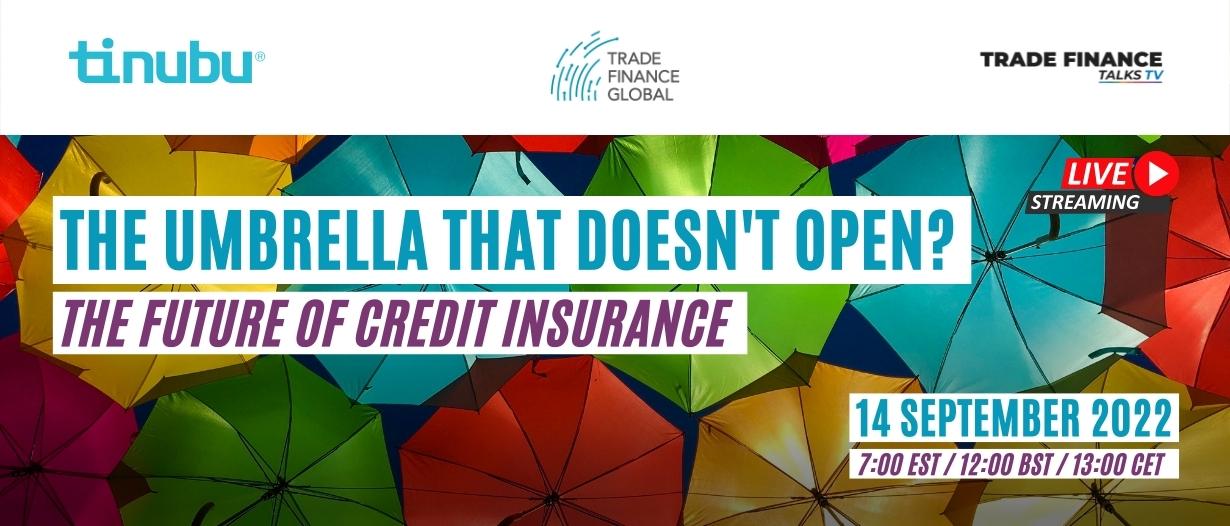


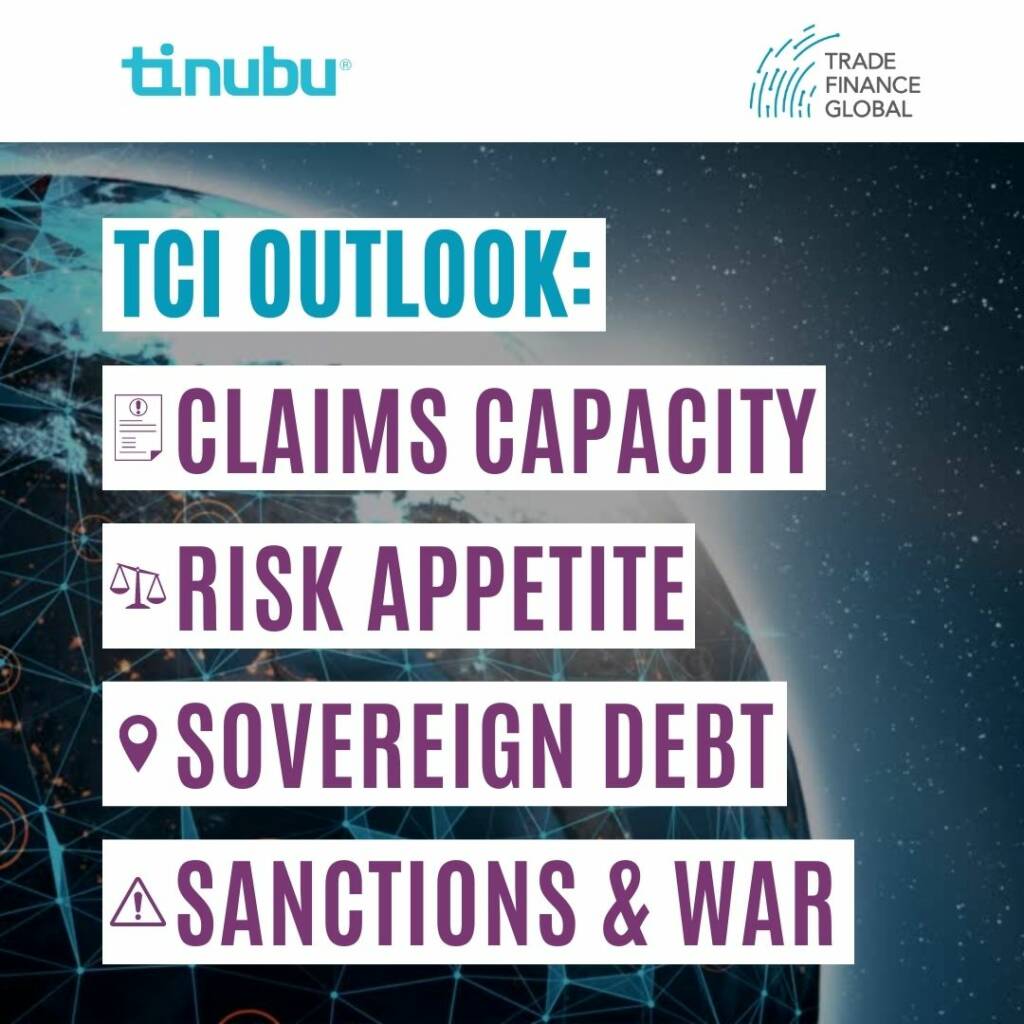





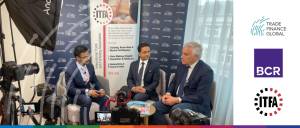






















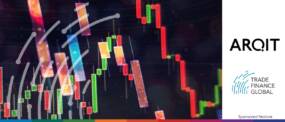
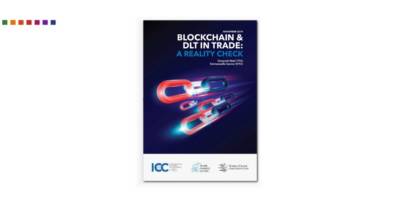
Comments are closed.